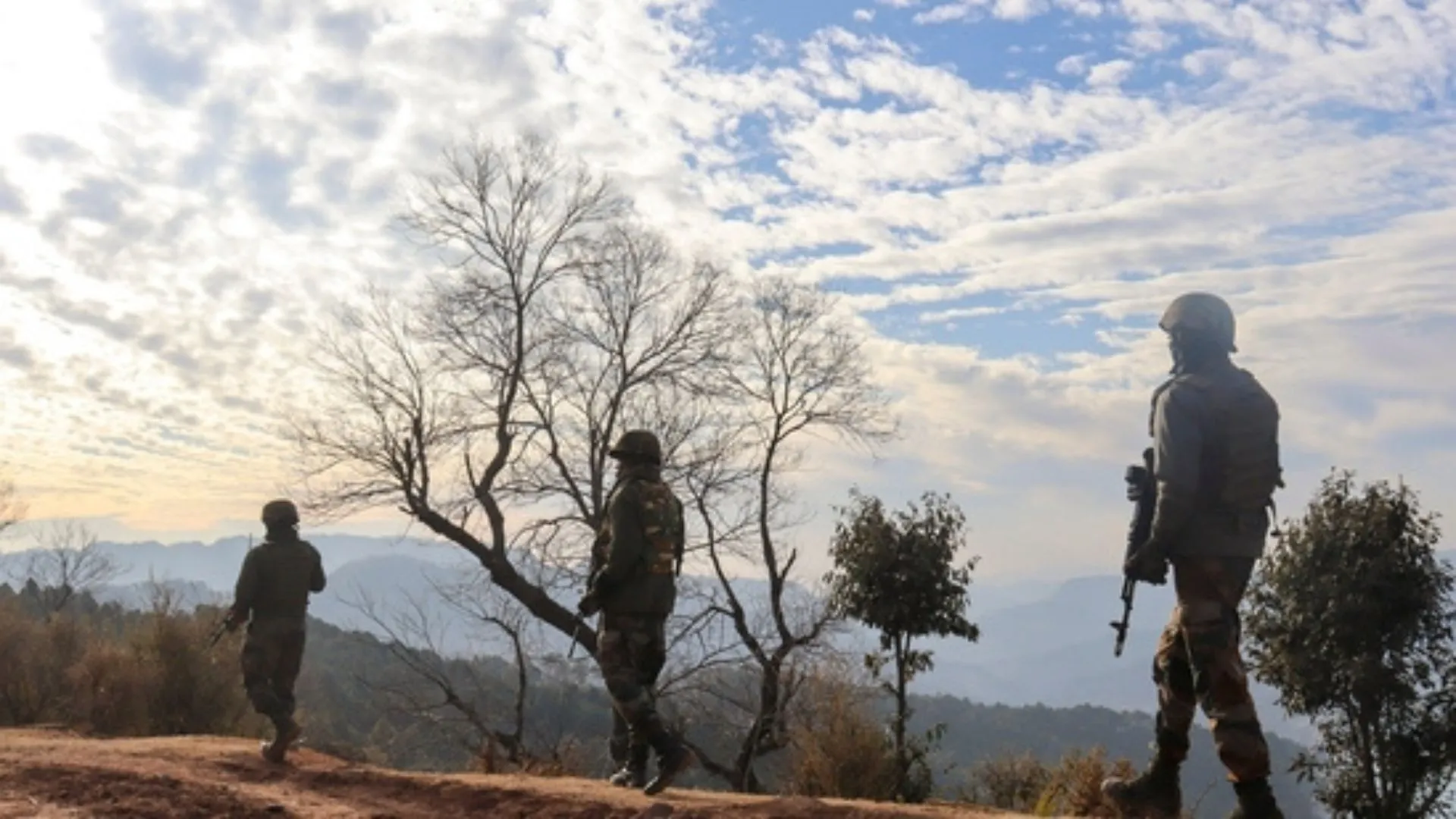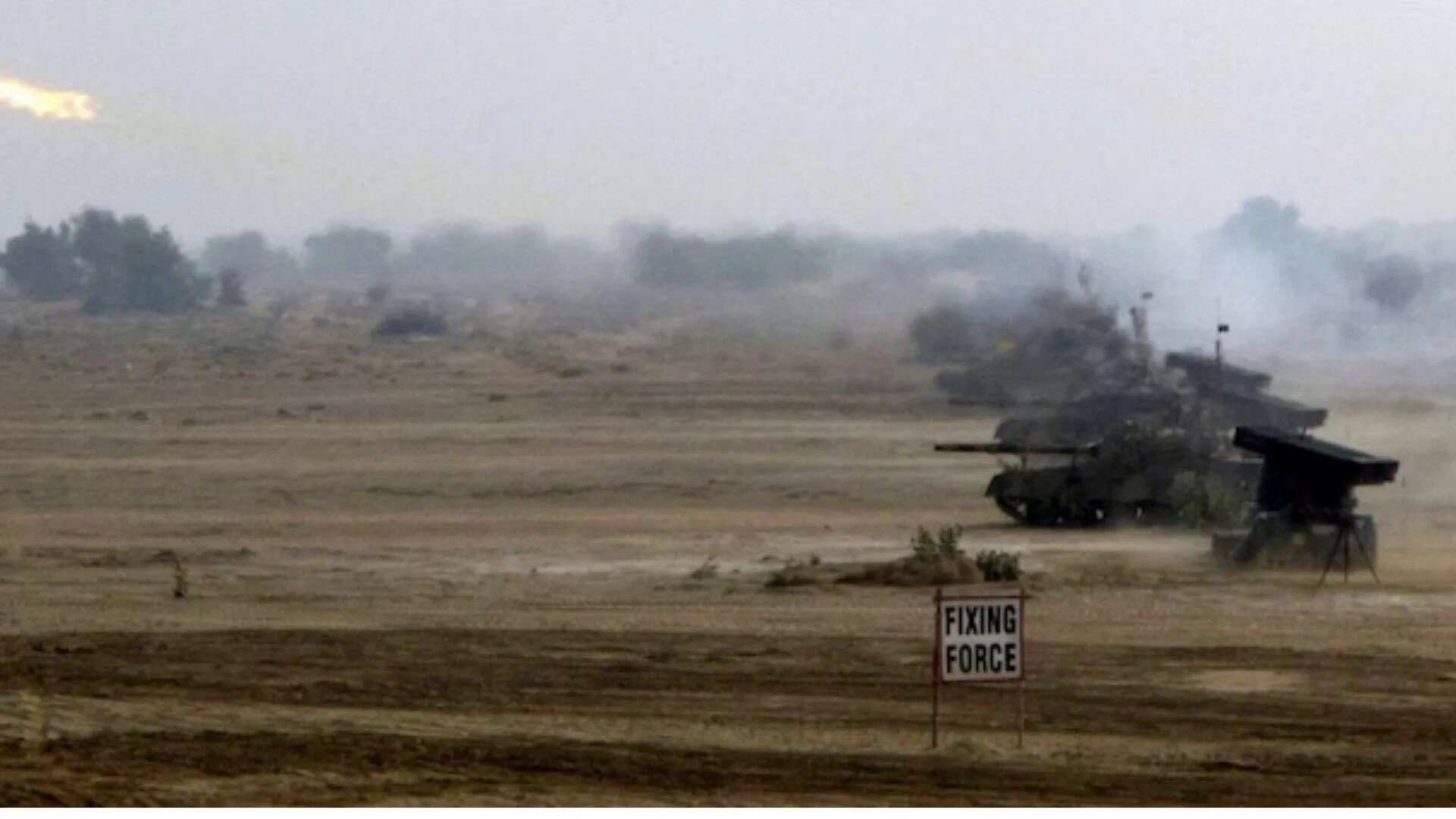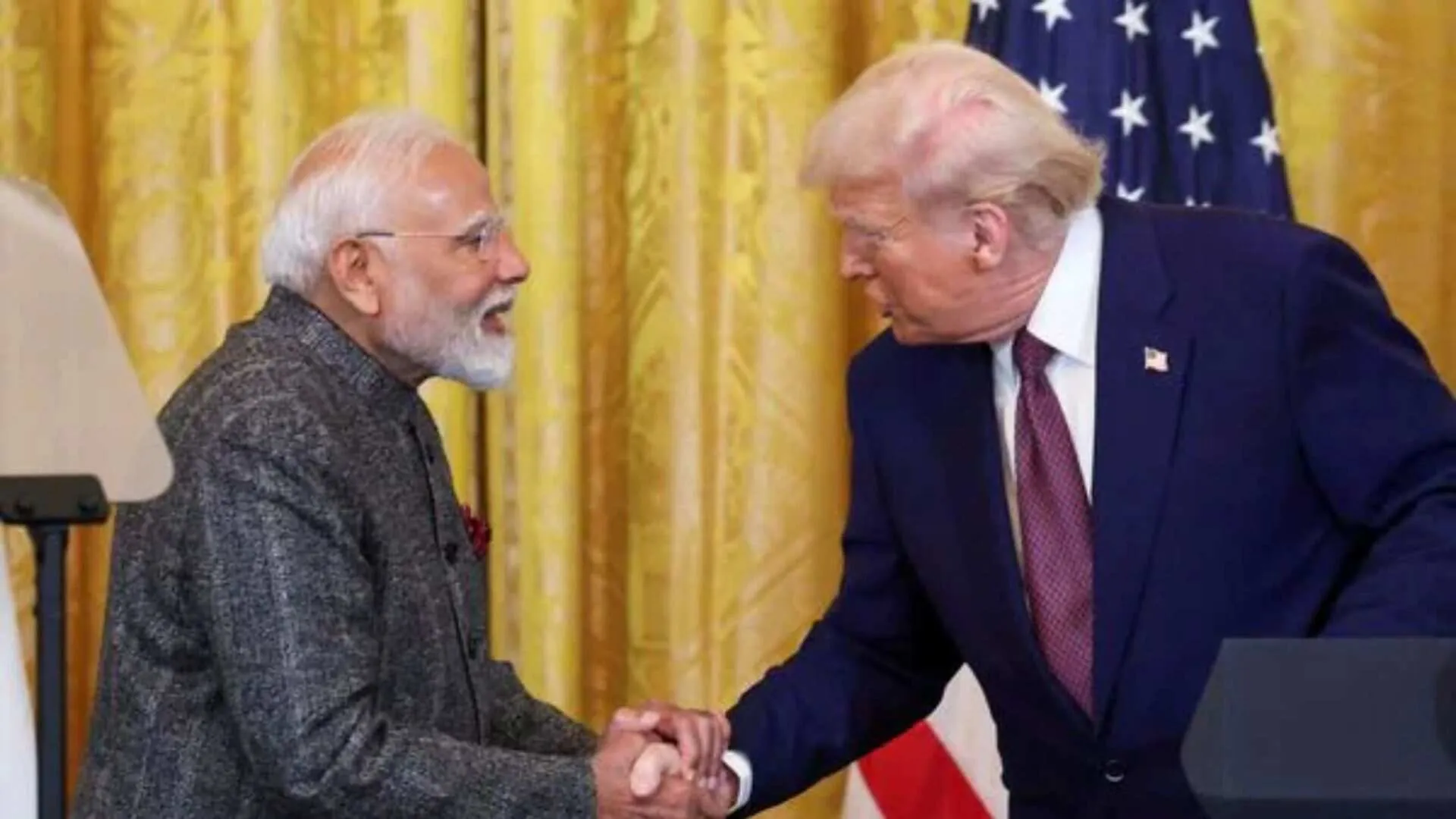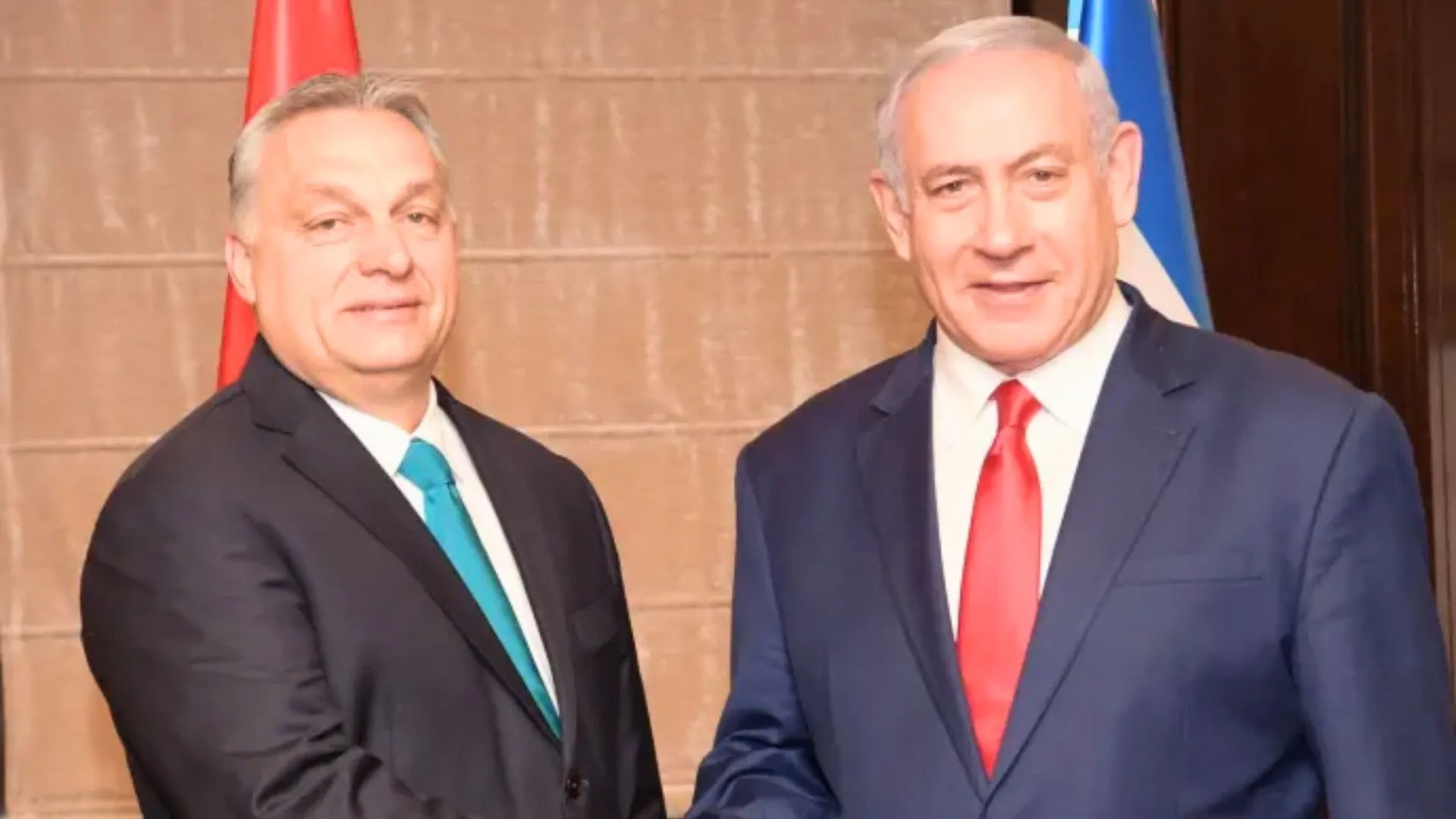Pakistan and China reaffirmed their commitment to further enhancing their long-term strategic partnership as they underscored the development of the second phase of the multibillion-dollar China-Pakistan Economic Corridor (CPEC). The development was announced at the fourth round of Pakistan-China Bilateral Political Consultations, which were held in Beijing on Friday.
CPEC is a core part of China’s Belt and Road Initiative (BRI). The main aim is to connect Gwadar Port in Pakistan with China’s Xinjiang province by building infrastructure. It will further strengthen the regional connectivity of China through investments in large-scale infrastructure projects.
During the joint meeting, initiated by Pakistan Foreign Secretary Amna Baloch along with China’s Vice Foreign Minister Sun Weidong, these two nations mutually reviewed their cooperation, further focusing on developments of CPEC 2.0. Such a second round will be inclusive of high-quality growth and develop sectors like the information technology business, agriculture-related businesses, or clean energy to name a few. The side agreed to share mutual commitment concerning win-win cooperation and inclusive growth.
Officials said that CPEC is very crucial for regional prosperity and would further facilitate partnership with other countries. Foreign Secretary Baloch termed the project as the “cornerstone” of Pakistan-China relations and a symbol of their enduring friendship. Vice Foreign Minister Sun emphasized that the relationship has mutual benefits, including the new corridors introduced under CPEC 2.0—growth, livelihood, innovation, open, and green corridors—which align with Pakistan’s national development goals centered on energy, exports, environment, and equity.
Both nations also agreed to enhance their coordination at multilateral forums like the United Nations Security Council, ensuring continued collaboration on international matters.























